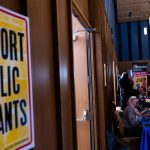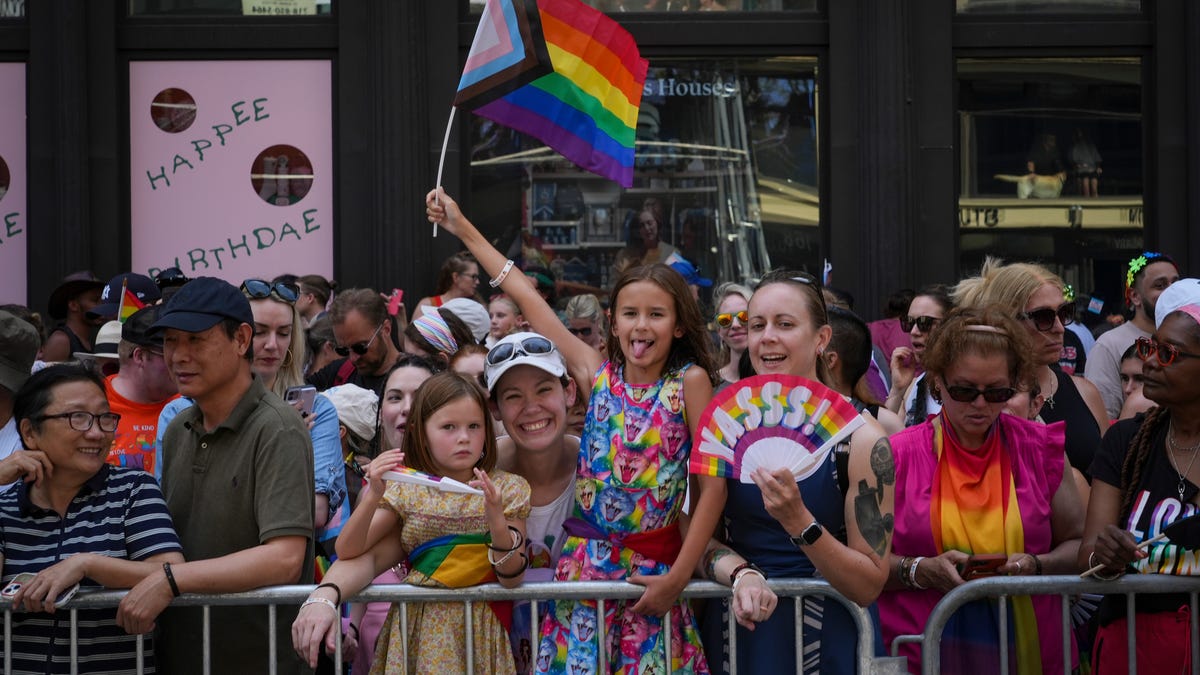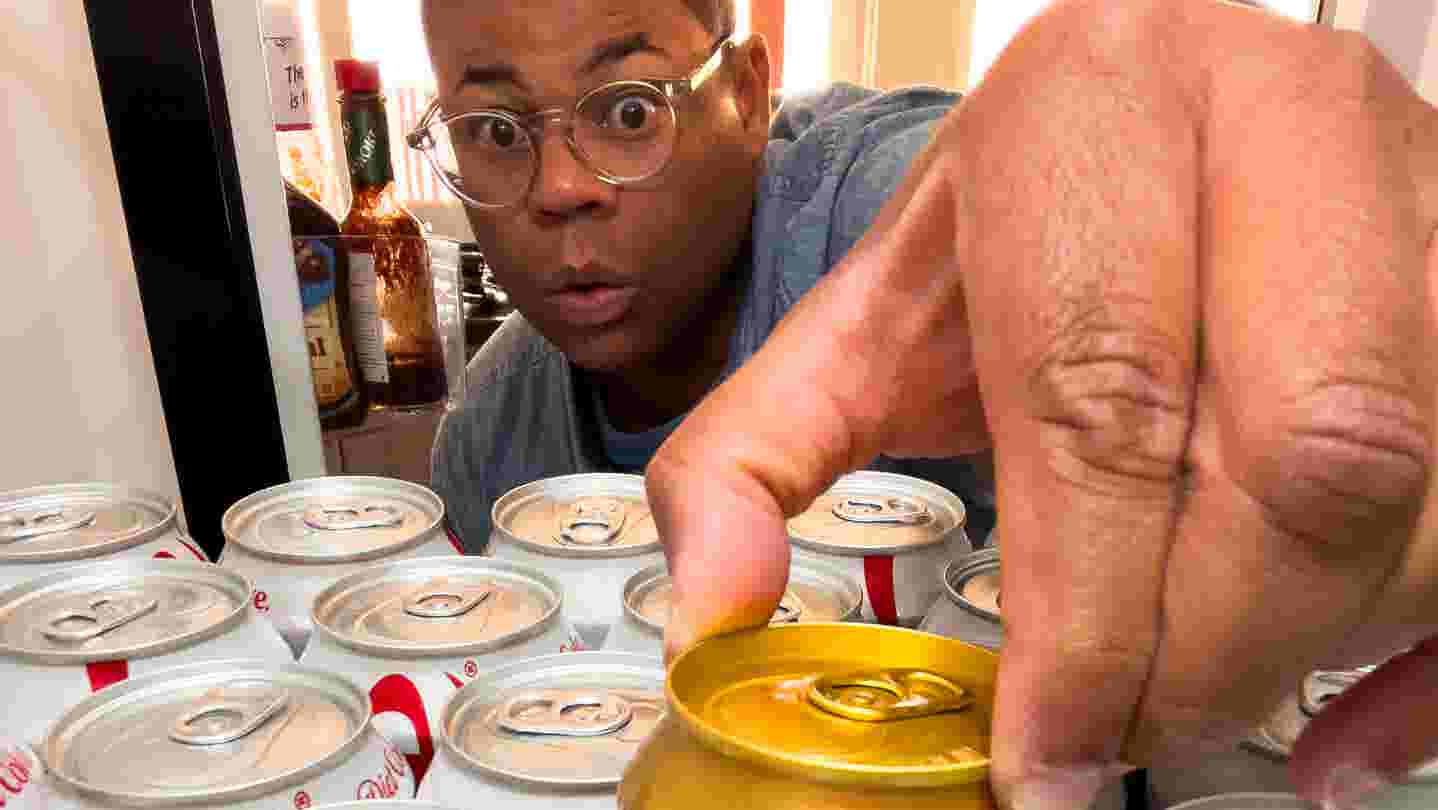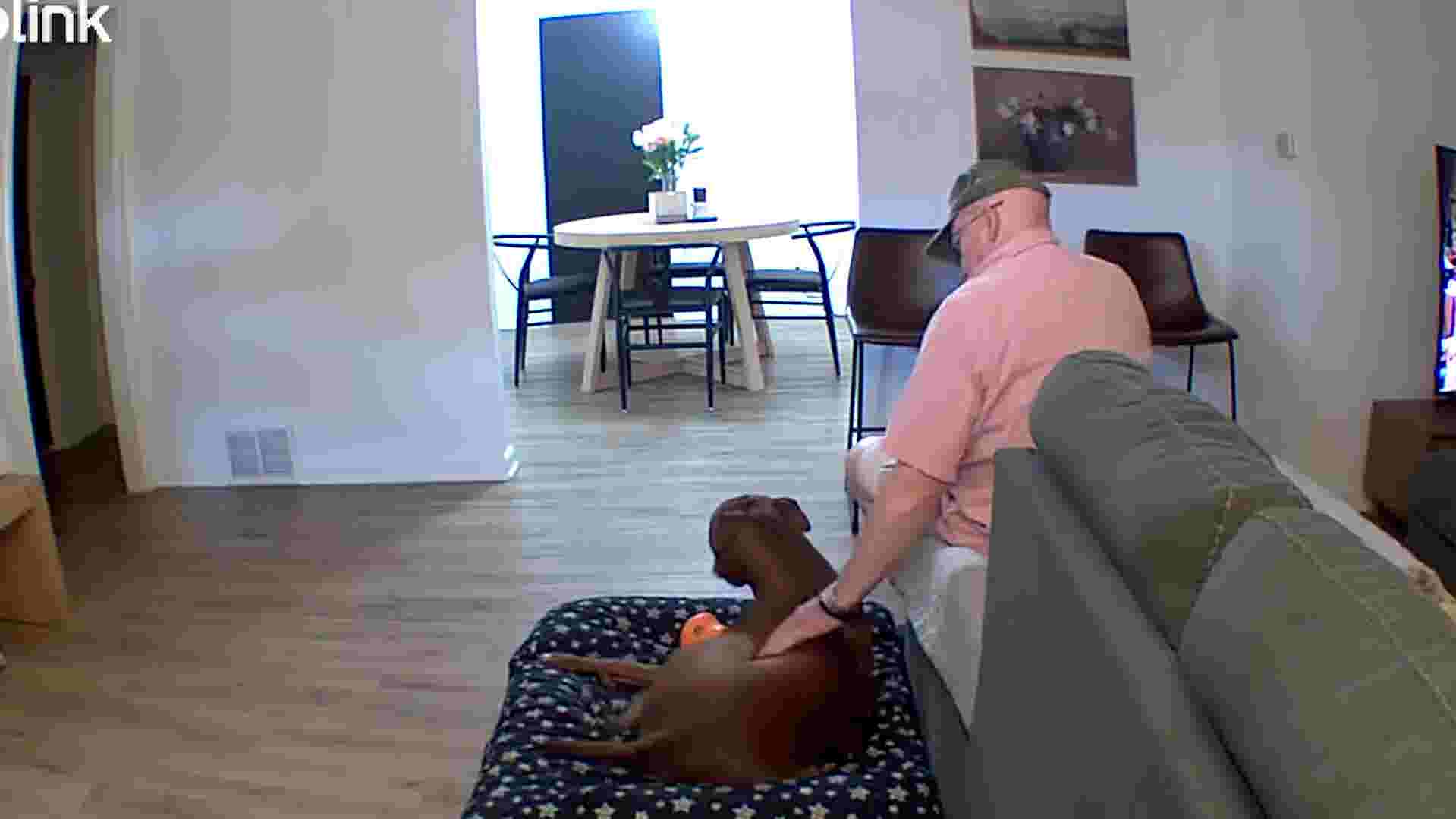Two teens shot near NYC’s Stonewall Inn after Pride celebrations
Two teens were shot near New York City’s iconic Stonewall Inn after Pride celebrations.
Two teenagers were injured in a shooting near New York City’s historic Stonewall Inn as New York City’s Pride celebrations came to a close on June 29.
A 16-year-old girl was shot in the head and taken to the hospital in critical condition, while a 17-year-old girl was shot in the leg and taken to the hospital in stable condition, the New York Police Department said.
No arrests have been made so far, and the investigation “remains active and ongoing,” police said. News outlets has reported that the motive is “unclear,” but the shooting drew reactions from the LGBTQ+ community. On July 1, the Stonewall Inn made a statement via Instagram that the shooting happened “several blocks away and was not connected” to the bar.
New York City’s Pride march is the largest of its kind in the U.S., featuring 75,000 participants and approximately two million spectators, according to organizers. Pride Month commemorates the Stonewall uprising, which began on June 28, 1969, when the NYPD raided the Stonewall Inn, a prominent gay bar on Christopher Street in NYC’s West Village. In 2016, the Stonewall Inn was designated a national monument under former President Barack Obama, making it the first national park site dedicated to LGBTQ+ history in the country.
Attacks like these raise valid concerns about safety for all, including LGBTQ+ people, and can deter people from taking part in celebrations like Pride or outwardly expressing their identities out of fear. However, mental health experts caution against letting that fear control your life.
“It’s understandable to fear the unknown, no one walks around with their hands over their eyes for a reason,” Raquel Martin, licensed clinical psychologist, previously told USA TODAY. “But when that fear stops you from engaging with the world, then there is an issue.”
Anti-LGBTQ+ attacks affect the entire community
In 2023, Southern California store owner Lauri Carleton was shot and killed over a Pride flag display. O’Shae Sibley, a gay man dancing outside a gas station in Brooklyn voguing to Beyoncé, was stabbed to death by a 17-year-old in a hate crime. Experts warned that hate indeed emboldens violence.
Everyone will react to the consequences of hate differently, as with any grief. “It’s normal for us to feel a combination of intense fear, shock, (confusion), feeling numb, feeling super overwhelmed, sometimes feeling all of these things at once, because it’s really hard to make sense of it,” T.M. Robinson-Mosley, a counseling psychologist, previously told USA TODAY.
And in the information age, people have access to incessant information and on-the-scene footage, making these attacks feel personal and inescapable.
“For many, the negative holds our attention more than the positive,” Martin says. “I think it’s also a mirror of the current times because there is so much negative information out there in the first place it is hard not to get sucked in.”
It makes sense why queer people would be on high alert, regardless of the motive behind the shooting. The LGBTQ+ community has suffered a series of political losses under the Trump administration, increasing LGBTQ+ advocates’ safety concerns for the community. On June 17, the administration issued a stop-work order to the 988 Suicide & Crisis Lifeline’s extended services for the queer community.
The Supreme Court also upheld Tennessee’s ban on gender-affirming care for minors. In her dissent, Justice Sonia Sotomayor said the court “abandons transgender children and their families to political whims.”
“The fact that we’re taking away services that could be protective means that, for sure, more young people will suffer harm and death,” Dr. Colette Auerswald, a professor of public health at the University of California, Berkeley, said.
A 2024 survey of more than 18,000 LGBTQ+ young people conducted by The Trevor Project found that experiences of anti-LGBTQ+ victimization, which included physical harm, discrimination, negative experiences at school, bullying and conversation therapy, were associated with higher suicide risk. And 90% of LGBTQ+ youth surveyed said their well-being was negatively impacted due to recent politics.
“When we cannot control something, it makes us feel more vulnerable and at-risk,” psychologist Reneé Carr previously told USA TODAY.
‘Fear doesn’t need to halt you’
Remember: You may not be able to fully overcome your fear. But “it’s important to remember that fear doesn’t need to halt you,” Martin says. “You can operate with a healthy level of fear.”
It’s important to discuss distressing events with trusted friends, family or a mental health professional, and engage in healthy coping mechanisms to process the emotions that arise.
After you take care of yourself, if you feel up to it, speak out whether you’re a part of the affected community or an ally. This also includes holding leaders and elected officials accountable, either by contacting them directly or speaking out on social media. Otherwise, silence allows hate to flourish.
This story has been updated with new information.
Contributing: Saman Shafiq, David Oliver, Rachel Hale









